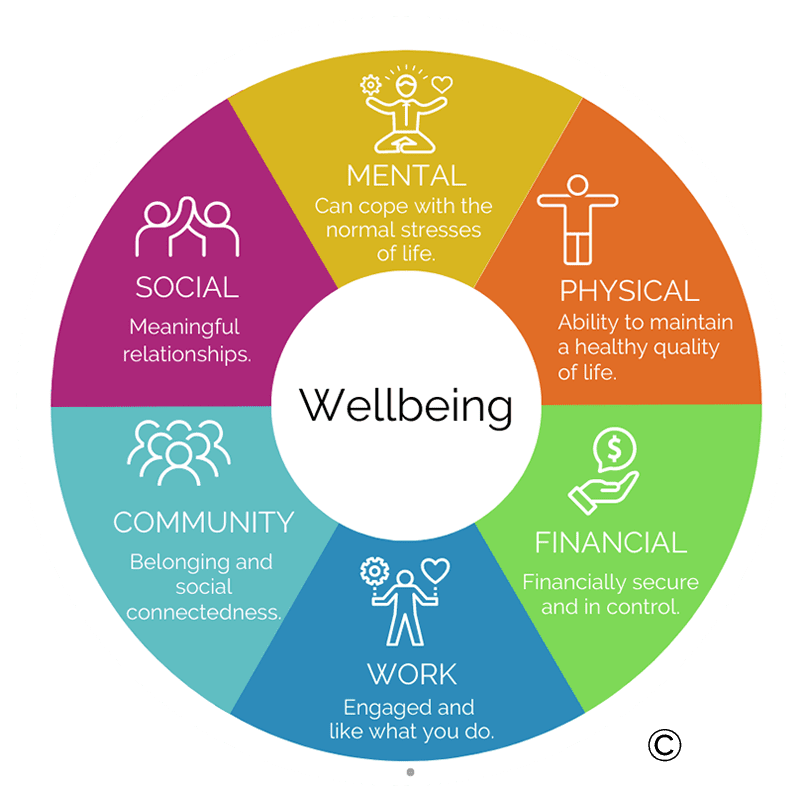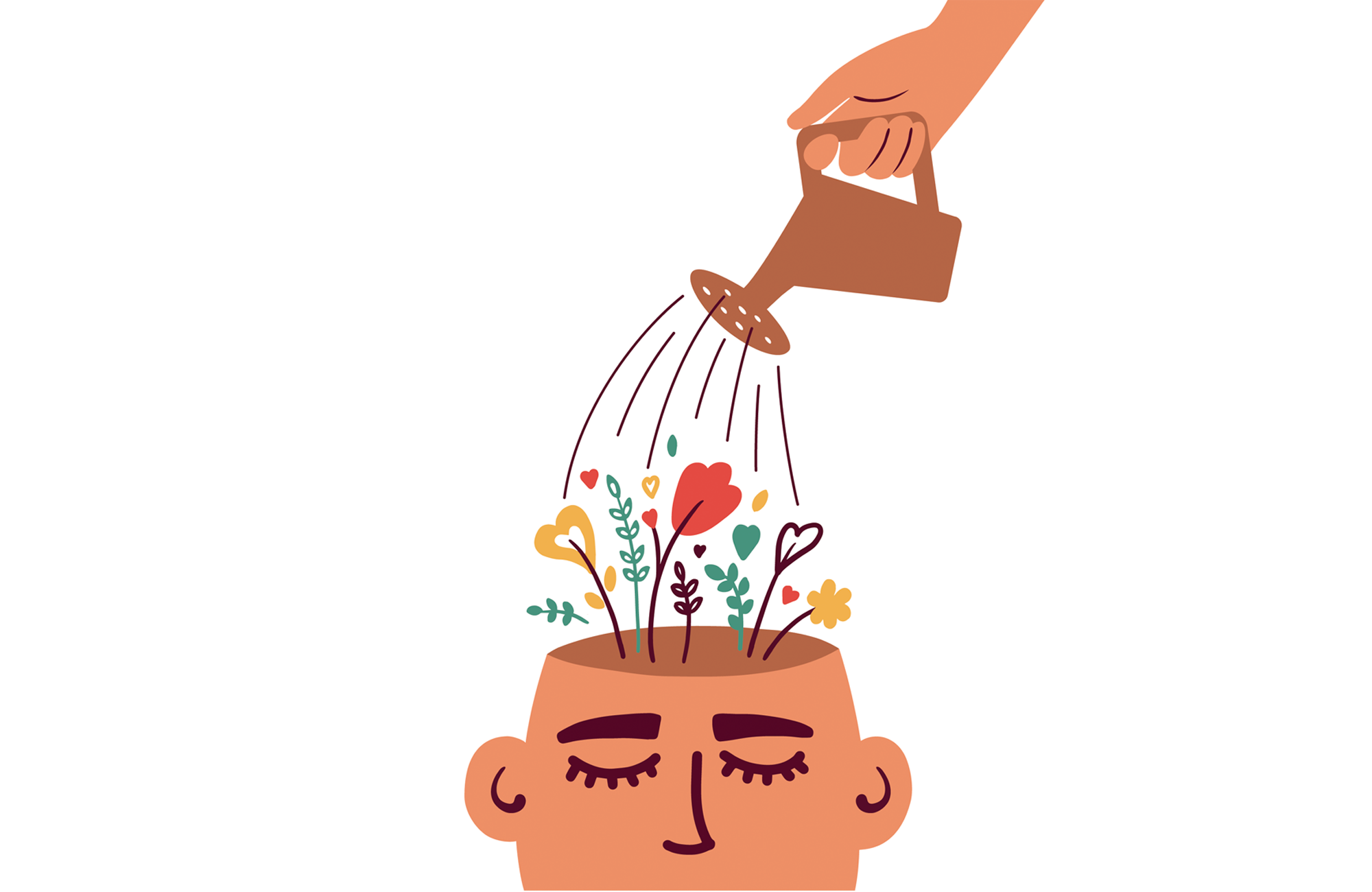The Role of Social Connections in Health and Well-being
Social connections are vital to our overall health and well-being. From friendships and family relationships to professional networks and community ties, our interactions with others have a profound impact on our physical, mental, and emotional health. This article explores the importance of social connections, the benefits they provide, and strategies to cultivate and maintain meaningful relationships.


The Importance of Social Connections
Humans are inherently social beings. From birth, we rely on others for survival, support, and development. Social connections provide a sense of belonging and purpose, and they play a crucial role in shaping our identity and behavior. Research has consistently shown that strong social connections are associated with numerous health benefits, whereas social isolation and loneliness can lead to a range of negative health outcomes.
Psychological and Emotional Benefits
- Reduced Stress: Interacting with friends, family, and colleagues can help reduce stress levels. Social support provides emotional comfort and practical assistance, which can buffer against the effects of stress.
- Enhanced Mental Health: Strong social ties are linked to lower rates of depression, anxiety, and other mental health issues. Engaging in social activities can boost mood and promote positive mental health.
- Increased Resilience: Social connections help build resilience by providing a network of support during difficult times. Knowing that others care and are there to help can enhance our ability to cope with challenges.
Physical Health Benefits
- Lower Risk of Chronic Diseases: Studies have shown that people with strong social connections have a lower risk of developing chronic illnesses such as heart disease, diabetes, and hypertension. Social support can encourage healthy behaviors like regular exercise, proper nutrition, and adherence to medical treatments.
- Improved Immune Function: Social interactions can positively affect the immune system, making the body more resistant to infections and illnesses. Conversely, social isolation can weaken the immune response.
- Longevity: Strong social networks are associated with increased life expectancy. People who maintain close relationships and participate in social activities tend to live longer, healthier lives.
Strategies for Building and Maintaining Social Connections
Building and maintaining social connections requires effort and intentionality. Here are some strategies to help you cultivate meaningful relationships:
1. Prioritize Quality over Quantity
Having a few close, meaningful relationships is more beneficial than having many superficial ones. Focus on deepening existing connections and nurturing relationships that provide mutual support and understanding.
2. Engage in Social Activities
Participate in activities that interest you and provide opportunities to meet new people. This can include joining clubs, attending social events, volunteering, or taking up a new hobby. Engaging in shared activities can foster a sense of community and belonging.
3. Communicate Openly and Honestly
Effective communication is key to building and maintaining strong relationships. Be open, honest, and authentic in your interactions. Listen actively and show empathy towards others' feelings and perspectives.
4. Show Appreciation and Support
Express gratitude and appreciation for the people in your life. Small gestures of kindness and support can strengthen relationships and create a positive, supportive network.
5. Leverage Technology
While face-to-face interactions are ideal, technology can help bridge the gap when in-person meetings are not possible. Use social media, video calls, and messaging apps to stay connected with friends and family, especially if they live far away.
6. Seek Professional Help if Needed
If you find it challenging to build or maintain social connections, consider seeking help from a therapist or counselor. They can provide guidance and strategies to improve your social skills and develop meaningful relationships.
The Role of Community and Social Networks
Beyond individual relationships, being part of a larger community or social network can significantly impact health and well-being. Communities provide a sense of identity, belonging, and shared purpose. They offer resources, support, and opportunities for social interaction.
1. Community Involvement
Engaging in community activities and organizations can provide a sense of purpose and fulfillment. Whether it's participating in local events, joining community groups, or volunteering, being active in the community fosters social connections and contributes to overall well-being.
2. Social Support Networks
Building and maintaining a social support network is essential for navigating life's challenges. These networks can include family, friends, colleagues, mentors, and support groups. They provide emotional support, practical assistance, and a sense of security.
3. Creating Inclusive Communities
Promoting inclusivity and diversity within communities enhances social cohesion and well-being. Encouraging open dialogue, respect for differences, and equitable access to resources fosters a supportive and connected community environment.


Social connections are fundamental to our health and well-being. They provide emotional, psychological, and physical benefits that enhance our quality of life. By prioritizing and nurturing our relationships, engaging in community activities, and seeking support when needed, we can build strong social networks that contribute to our overall happiness and health. Investing in social connections is an investment in our well-being, enriching our lives and the lives of those around us.












